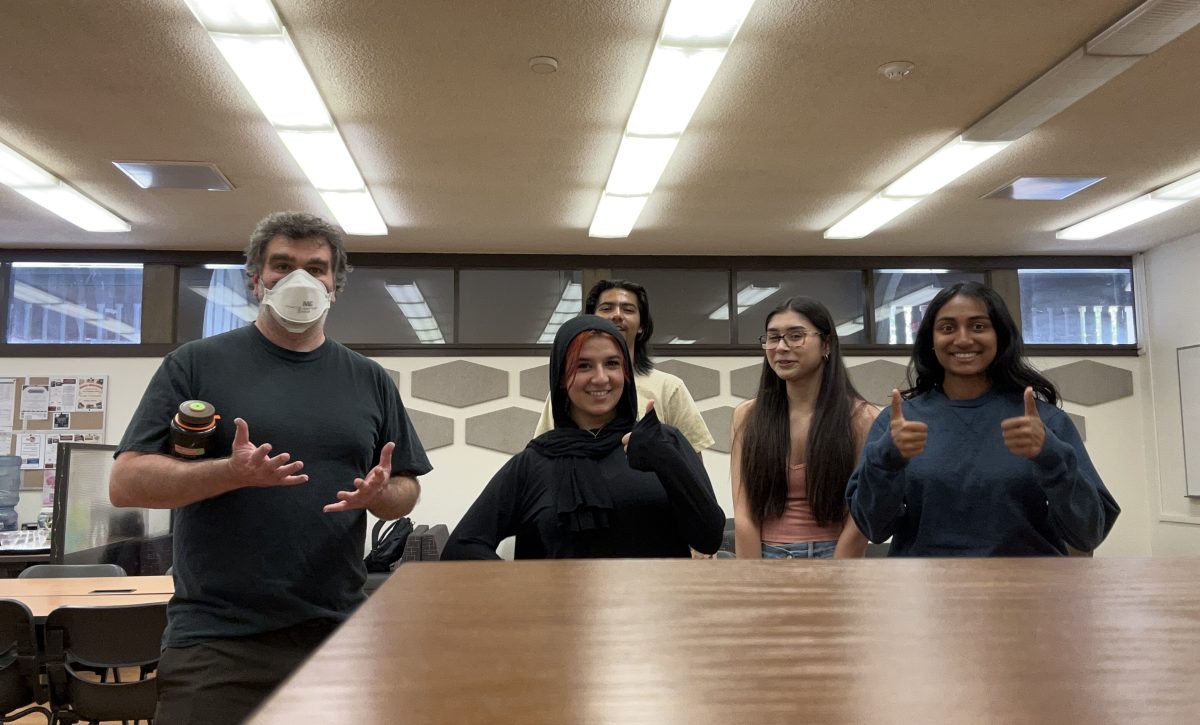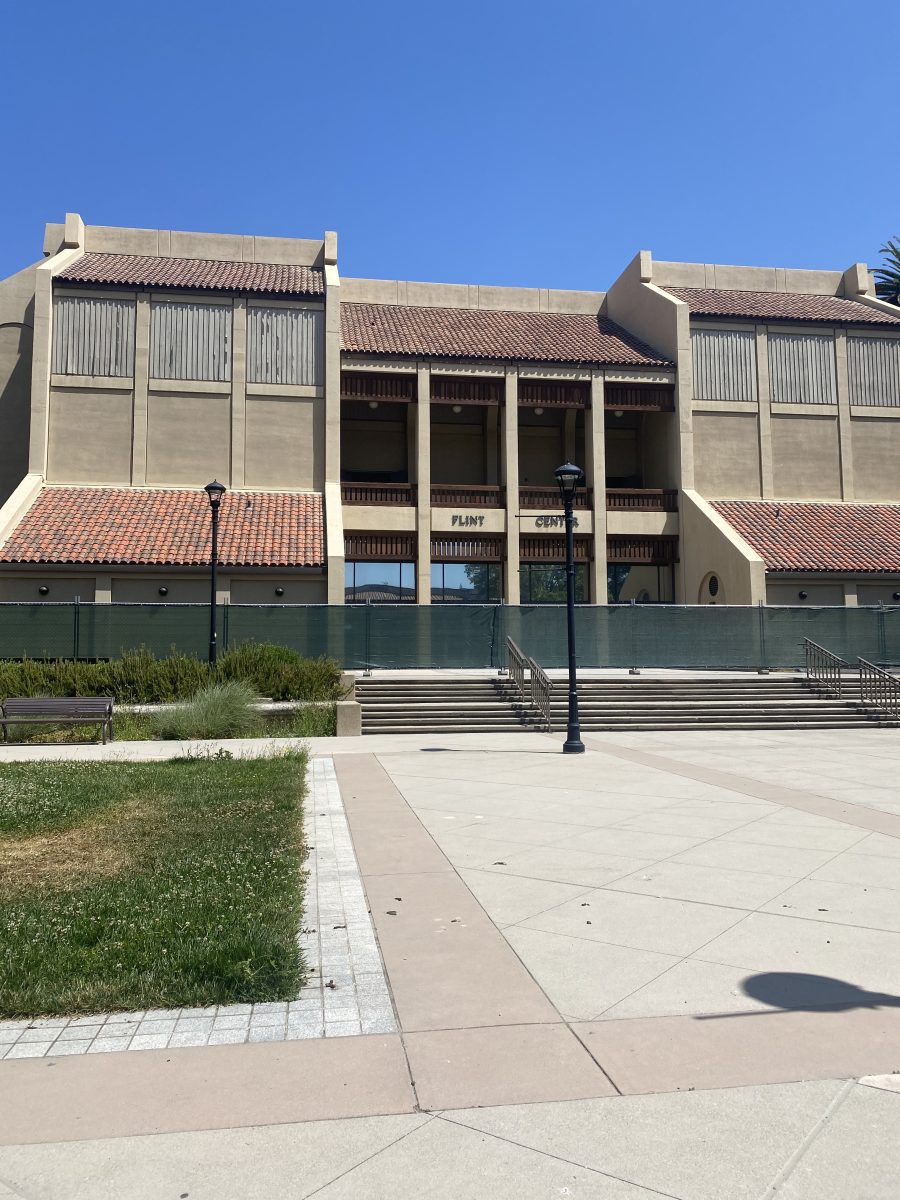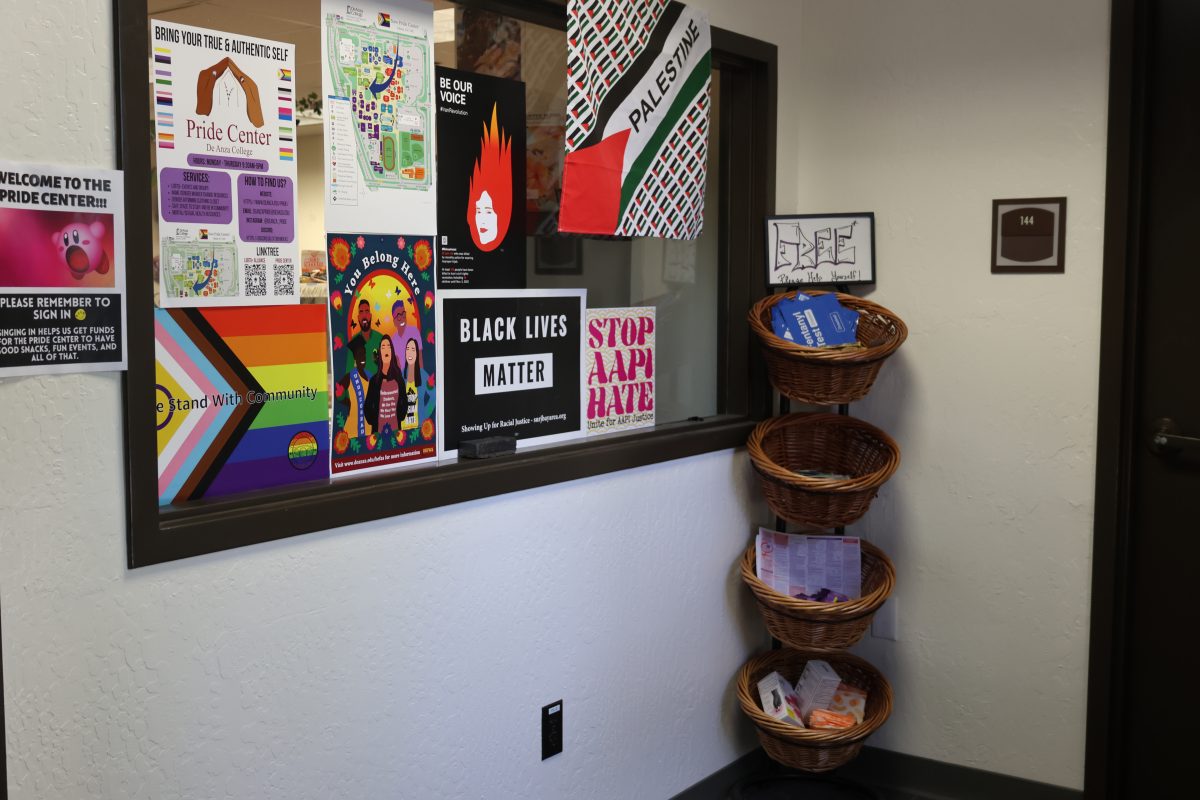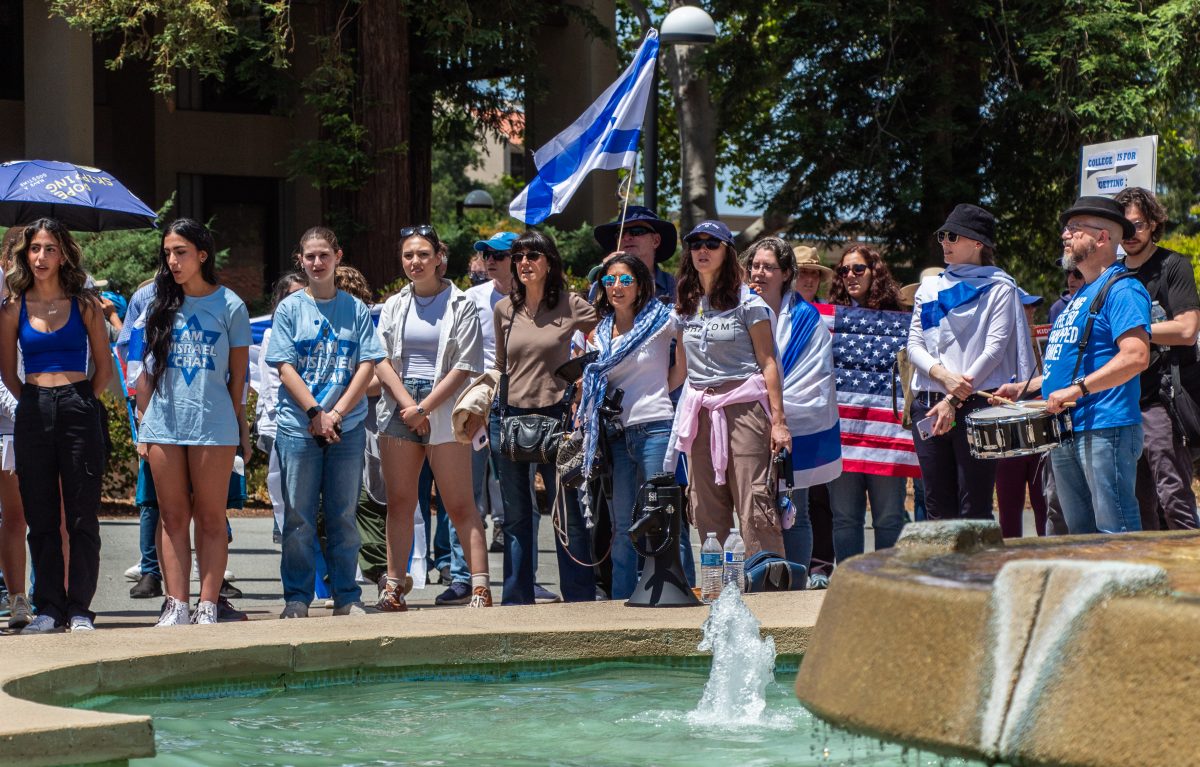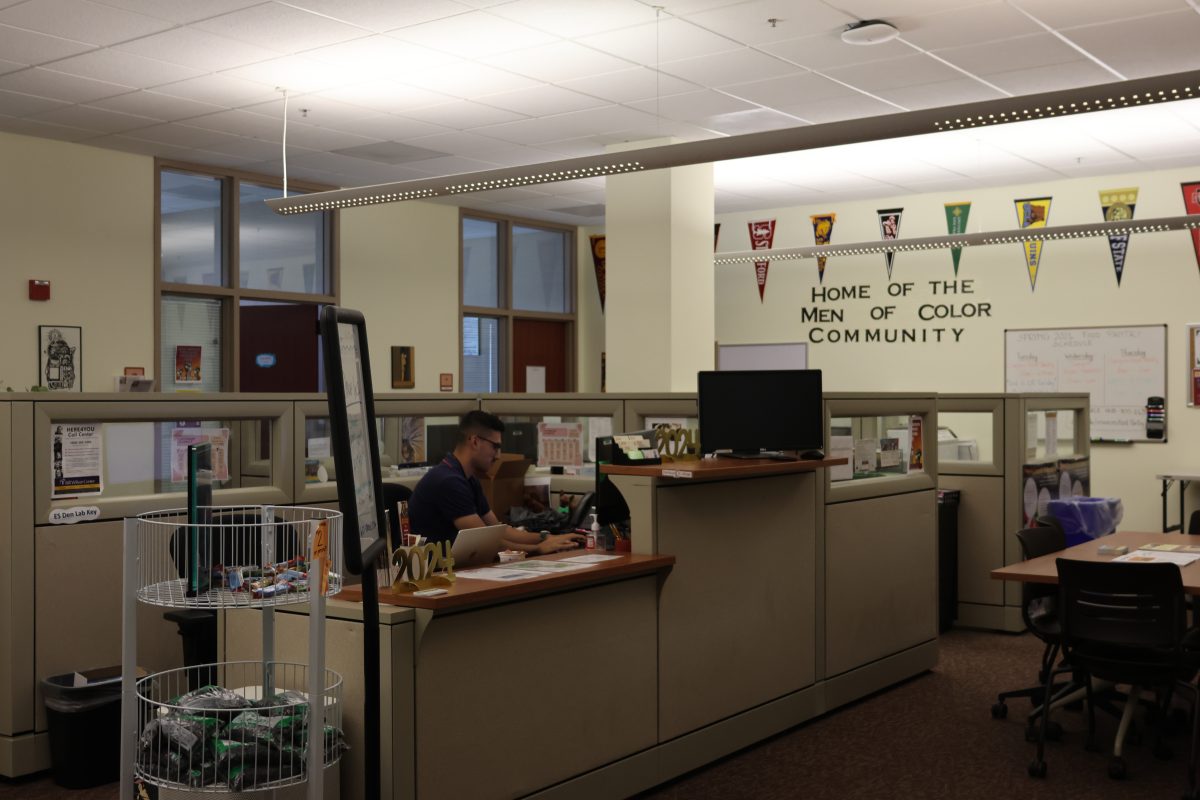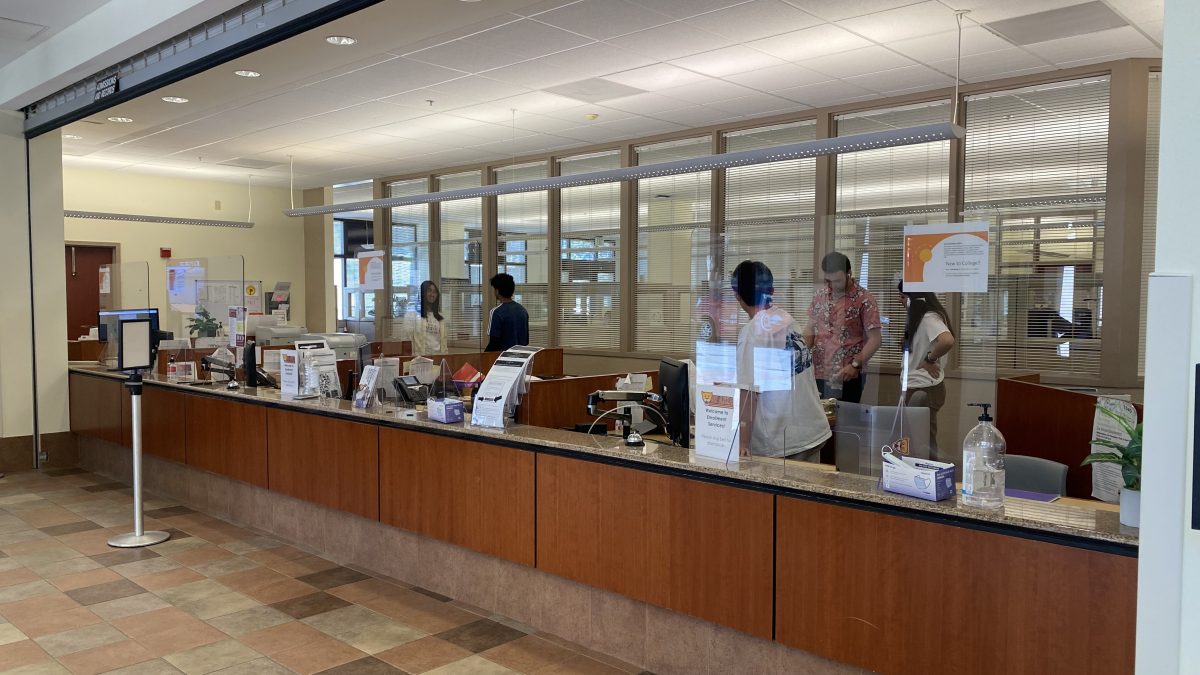Success with online courses is elusive for minority groups on campus with Latino and African-American faring the worst, according to the report “Mining the Data: What We know about FHDA Students,” published by the Office of Institutional Research and Planning, Dec. 7, 2012.
De Anza is experiencing a growing Latino population and not just from East San Jose. Women and African Americans have a larger presence in online courses compared to overall student population. Online course success is considerably lower than face-to-face courses even though one-half of all students responding to the study use academic advising, regardless of ethnicity, according to the report.
At De Anza, 74 percent of Latinos succeeded face-to-face classes while only 53 percent passed for the same online classes. At Foothill, 70 percent passed in face-to-face classes while only 57 percent of online students passed.
African-Americans also struggled in online classes. Only 46 percent of De Anza students found success in online classes while 65 percent passed in face-to-face classes. At Foothill, only 47 percent of online students passed versus 67 percent of face-to-face students passing.
It could be the student didn’t have access to the resources needed or they may be underprepared for the subject, said Herminio Hernando, math performance success program counselor.
They might not know where to go, but there are a lot of sources and access for extra help on campus, he said.
“Students can be successful in whatever; it’s just getting the proper support and knowing where to go for extra help,” said Hernando.
“I think when we study online, we have to be very independent and very motivated to learn by yourself,” said Phung Luong, business major, 20. But she said in online classes, assignments are due later, at 11:59 p.m. It’s like you have one more day to do it.
Students in online classes have to ask for help by emails said Shouchern Alan Lin, a computer science major, 19. “Teachers should make a public Skype,” he said.
When asked the hardest thing about online classes Lin said, “Sitting down by the computer without having your video games on.”
“You don’t have different contacts with the professors so sometimes it makes it difficult if you’re stuck on a problem,” said Conrad Etemadi, a computer science major, 19.
Getting feedback takes more time, he said.
“It makes up for it if you have forums on Catalyst, but it has to be utilized properly,” he said, adding that if the class isn’t involved it’s useless.
Success in online courses:
Minority students face challenges
Story continues below advertisement



